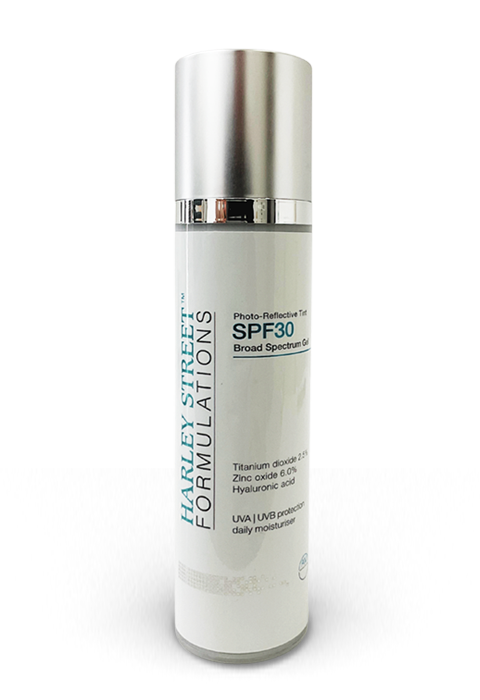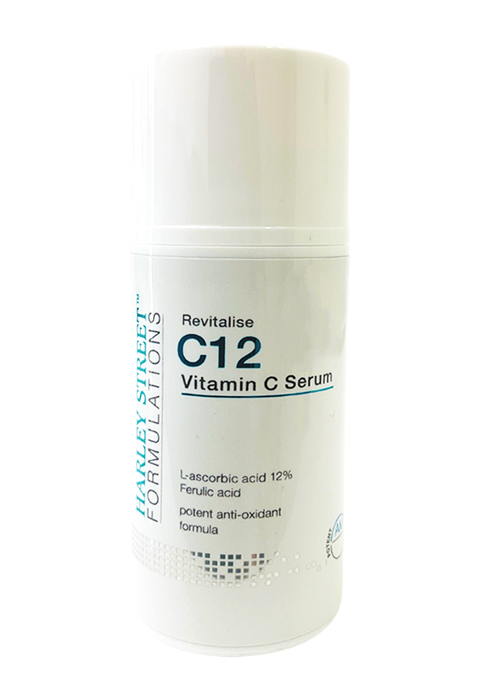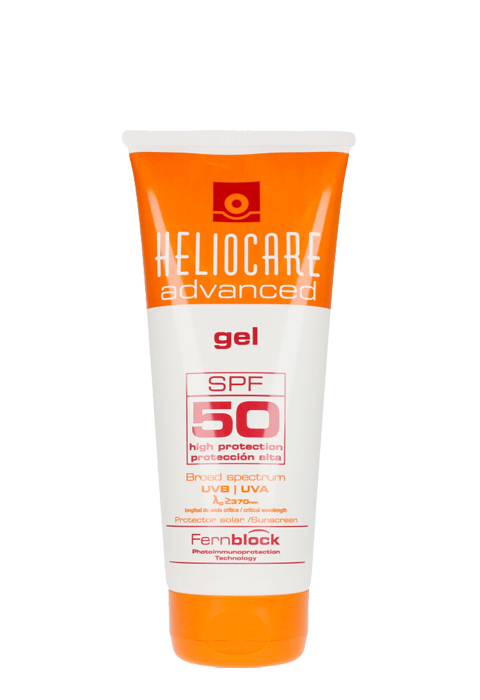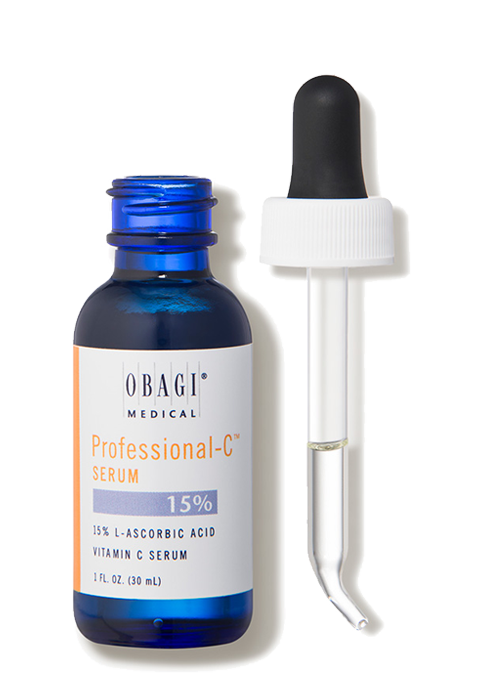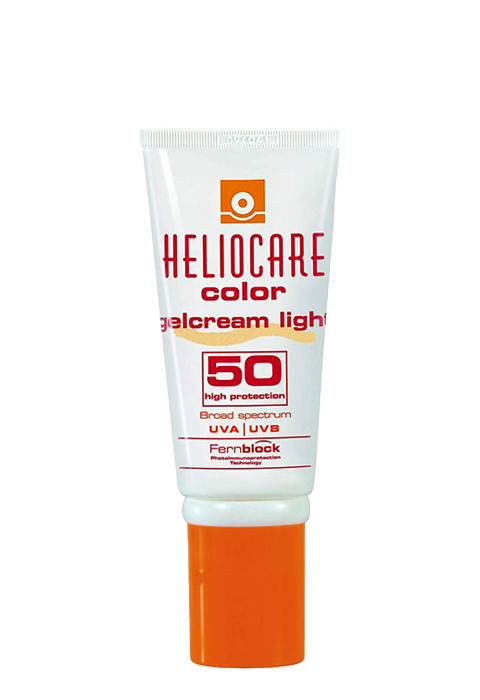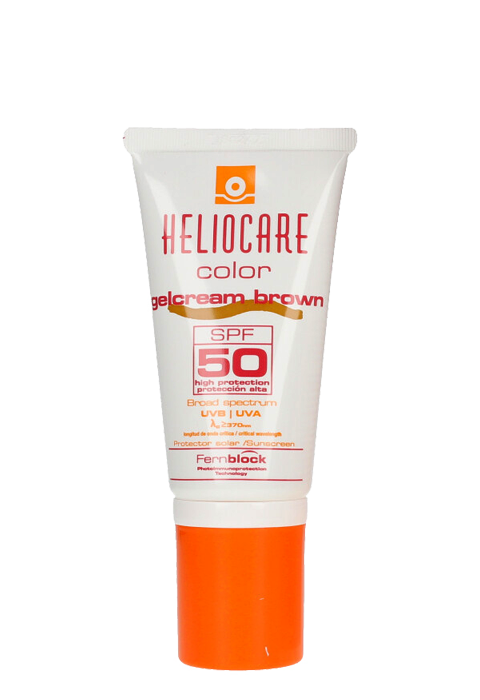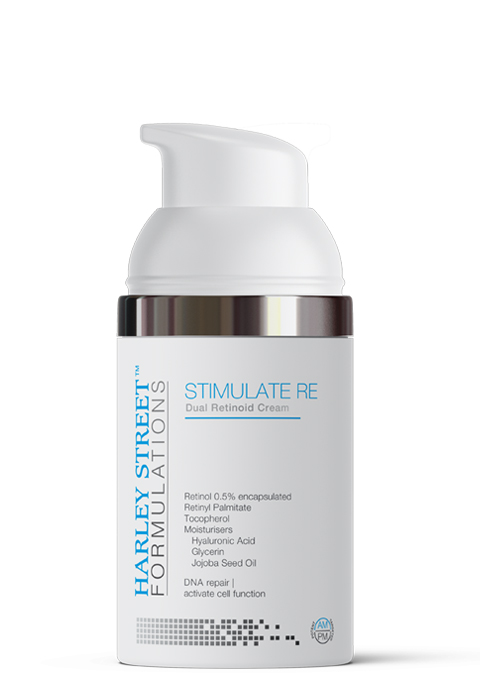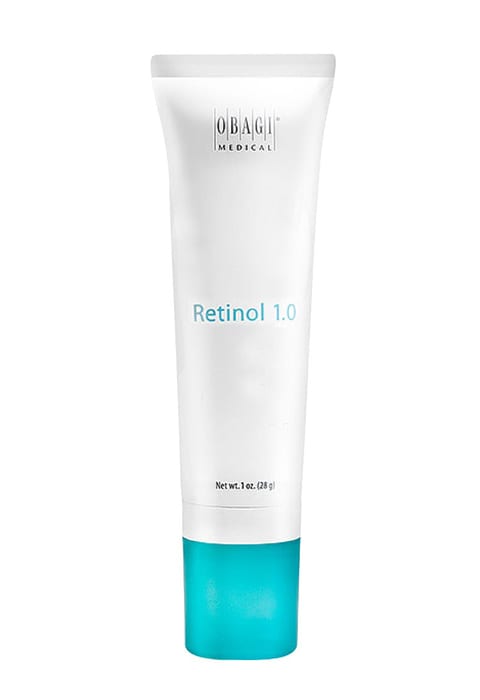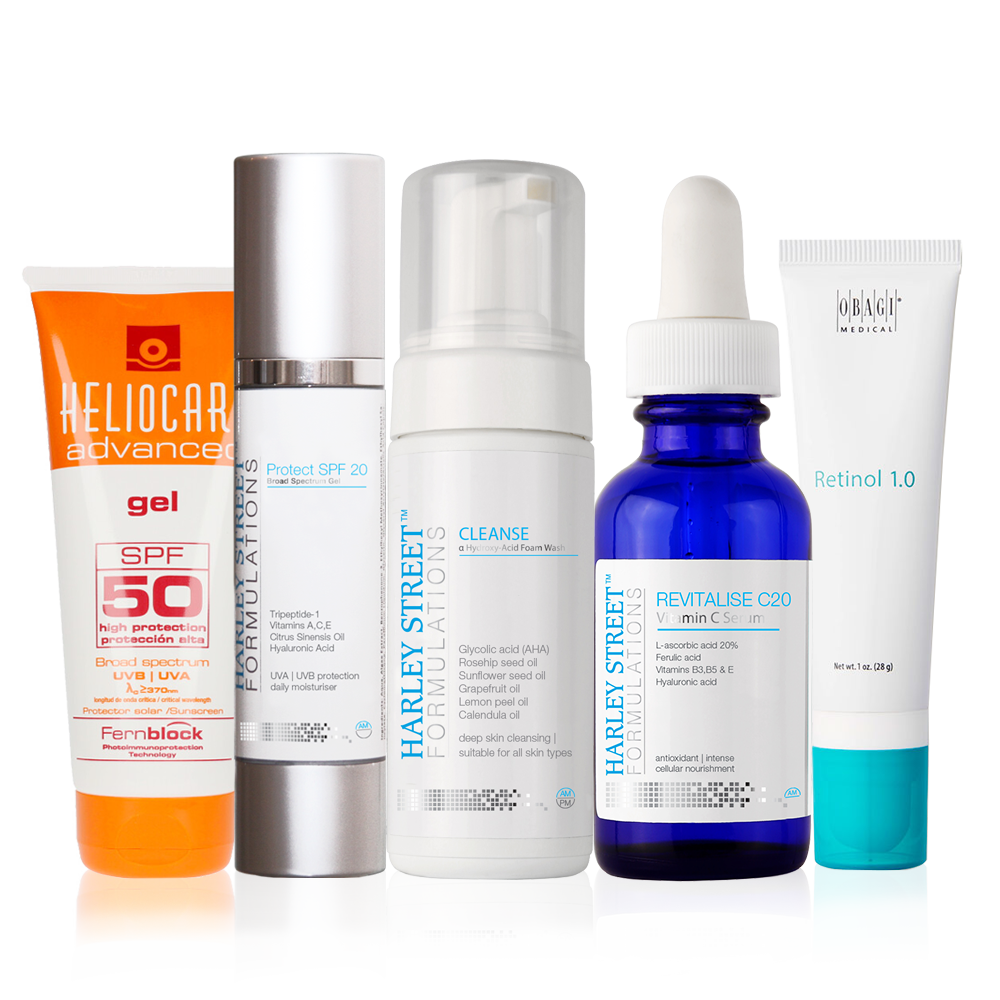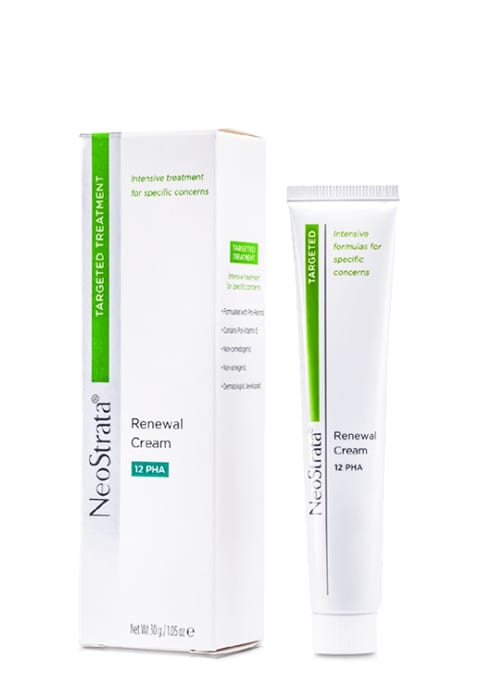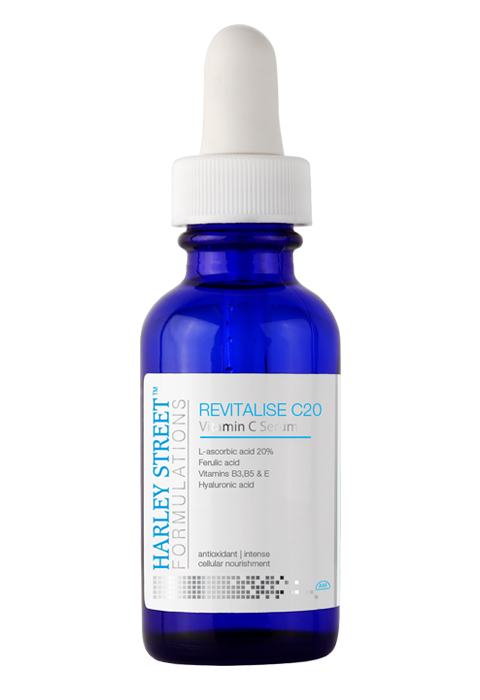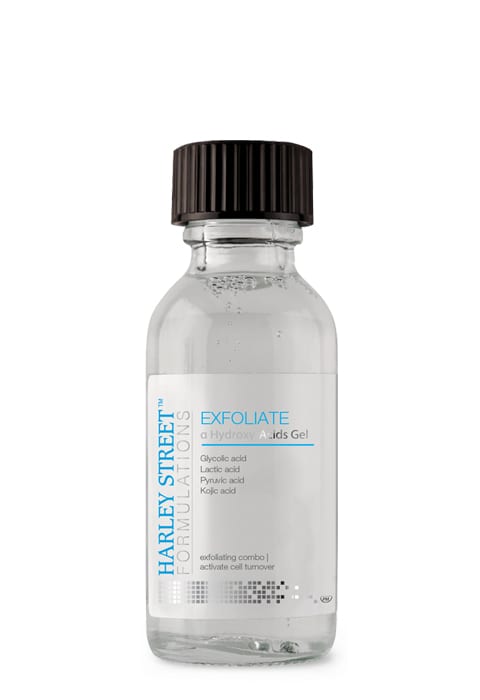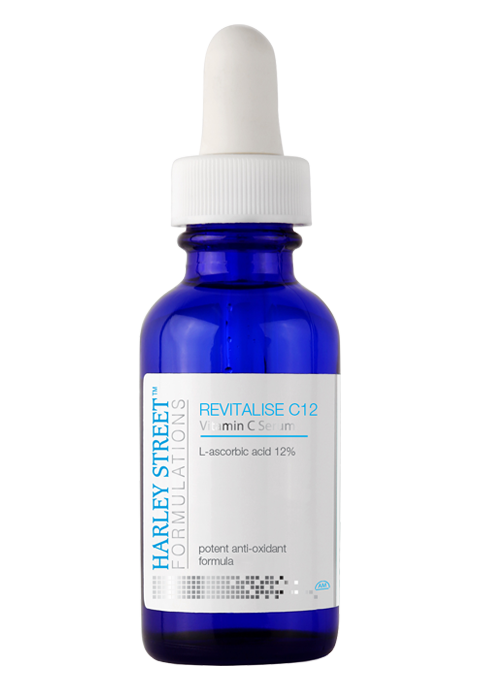What is Pigmentation
Skin hyperpigmentation refers to the conditions that change the appearance of the skin’s colour or cause discolouration. The colour of people’s skin is determined by special pigments called melanin, which is produced by cells called melanocytes. When the synthesis and functions of melanin are normal, the skin tone is evenly coloured. When there are problems with the production or distribution of melanin, changes in skin colour occur. These changes may be localised, regional or generalised.
Types of skin pigmentation
There are two main categories of skin discolouration. These are:1- Hyperpigmentation: this occurs when the problem areas of the skin are darker than the surrounding normal skin, due to there being more melanin pigments in the skin.
2- Hypopigmentation: this is when where there are low levels or no melanin pigments in the skin or parts of the skin, which leads to some areas being lighter than the surrounding skin.
The location of the pigmentation on the skin is important. This can occur on: 1- The epidermis
2- The dermis
3- The mixed epidermal – dermal
Epidermal Pigmentation / Melasma
The epidermis is the outermost layer of the skin and is in direct contact with the outside world. Pigments that appear on this layer are called epidermal and are accompanied by a well-defined border of a dark brown colour. The pathology is relatively superficial as it does not go deeper than the five layers of the epidermis, and any increase in the density of melanin is confined to these layers. It responds well to common treatments, including:
- Chemicals that help to remove the affected part of the epidermis, such as hydroquinone, mequinol, salicylic acid and other peeling agents
- Dermabrasion procedures
Dermal Pigmentation / Melasma
Here, the skin damage that causes pigmentation issues goes deeper than the five layers of the epidermis. When melanin is deposited in the dermis, it is ill-defined in appearance and has a light or bluish colour. The pigmentation problem is usually more difficult to treat and it is not always easy to tell whether your spots are epidermal or dermal. It is likely to be dermal pigmentation if there is a pigmentations disorder that is not responding to topical therapies. Many skin hyperpigmentation disorders caused by sun damage (UV-B) are on the epidermis, like freckles, which is why they are the easiest to treat. On the other hand, dermal pigmentation, like melasma and post-inflammatory hyperpigmentation (which can also be epidermal) are difficult to treat and require more aggressive measures. Other ways of differentiating epidermal and dermal skin pigmentation
- Epidermal pigmentation may be short-lived
- Epidermal pigmentation usually responds well to topical treatment
- Dermal pigmentation does not respond well to topical therapy
- Dermal pigmentation may need laser therapy or even systemic measures to correct it
- In extreme situations, dermal pigmentation may require surgery as a last resort
Although it is difficult for lay people to differentiate between the two pigmentation disorder sites, doctors can easily tell them apart by using a special lamp called the Woods Lamp. This helps them to initiate the right treatment for pigmentation from the outset.
Mixed Type Hyperpigmentation / Melasma
- Most common type
- Patches of blue, light and dark brown patches
- Partial improvement with treatment
References
Bastonini, E., Kovacs, D., & Picardo, M. (2016). ‘Skin Pigmentation and Pigmentary Disorders: Focus on Epidermal/Dermal Cross-Talk.’ Annals of Dermatology, 28(3), 279–289.http://doi.org/10.5021/ad.2016.28.3.279
Other sources
- American Academy of Dermatology
- Dermascope –The Encyclopaedia of Aesthetic & Spa Therapy













